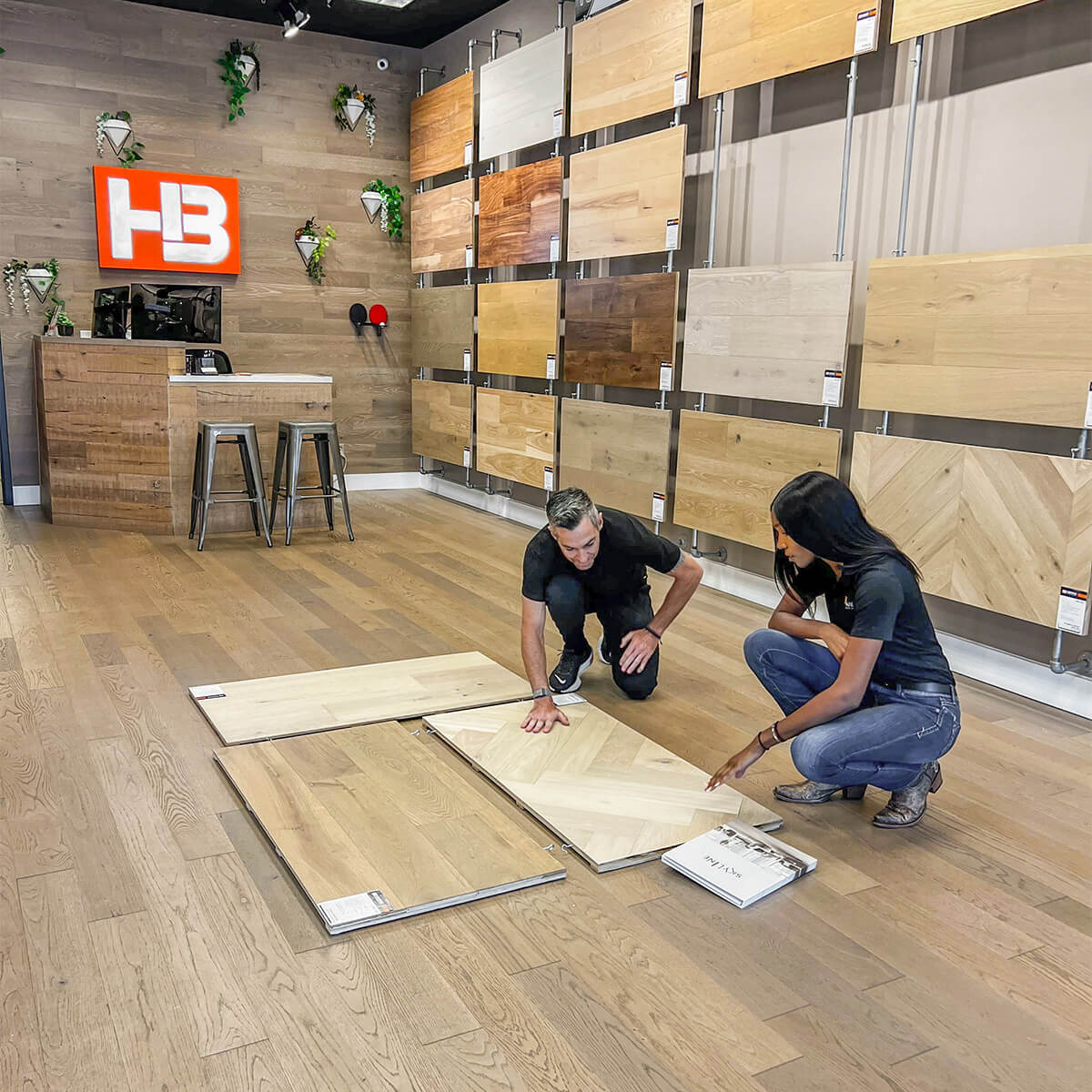Hardwood floors have long been celebrated for their beauty, durability, and timeless appeal. However, with the popularity of hardwood flooring comes a host of myths and misconceptions that can make it challenging for homeowners to make informed decisions about their flooring options. In this article, we will debunk some of the most common hardwood myths to help you separate fact from fiction.
Myth 1: Hardwood Floors Are Easily Damaged
One of the most common myths is that hardwood floors are easily damaged by daily wear and tear. In reality, hardwood floors are incredibly durable and can withstand many years of use. The key to maintaining their longevity is proper care and maintenance, including regular sweeping, vacuuming, and periodic refinishing. With the right care, hardwood floors can last for generations.
Myth 2: Engineered Hardwood Is Inferior to Solid Hardwood
Many people believe that engineered hardwood is a lower-quality alternative to solid hardwood. However, this is simply not true. Engineered hardwood is made by bonding layers of high-quality plywood with a top layer of solid hardwood. This construction technique creates a stable and durable flooring option that is less prone to warping and expansion due to changes in humidity. In many cases, engineered hardwood can be a more practical choice for homeowners, especially in areas with extreme temperature fluctuations.
Myth 3: All Hardwoods Are Equal
It's essential to understand that not all hardwoods are created equal. There are numerous species of hardwoods, each with its unique characteristics and qualities. For instance, oak, maple, and hickory are all popular choices, but they differ in hardness, grain patterns, and color variations. Understanding the differences between various hardwoods can help you choose the best option for your home's specific needs and aesthetic preferences.
Myth 4: Dark Floors Show More Dirt
Some homeowners avoid dark hardwood floors under the assumption that they show more dirt than lighter alternatives. While it's true that dark floors can show lighter-colored dust and debris, light floors also show dark-colored dirt and stains. The key to maintaining a clean-looking hardwood floor is regular cleaning and maintenance, regardless of the color.
Myth 5: Hardwood Floors Are Bad for Allergy Sufferers
Contrary to popular belief, hardwood floors can be an excellent choice for allergy sufferers. Hardwood floors do not harbor allergens like pet dander, pollen, and dust mites, which can get trapped in carpets. In fact, hardwood floors are often recommended for people with allergies because they are easier to keep clean and allergen-free.
7.5" Whistler White Oak Flooring

$174.48
$310.88
Whistler White Oak flooring adds cozy warmth and a touch of elegance to any space. It is perfect for both modern and classic decors and offers long-lasting durability. Key Features: Lifetime Finish Warranty: Ensures long-lasting beauty and protection. Wire-Brushed… read more
Myth 6: Water Is the Enemy of Hardwood Floors
While it's true that excessive water can damage floors, it's a myth that you should never use water to clean them. The key is to use a damp mop or cloth and never saturate the floor with water. Make sure to clean up spills promptly, and use a floor mat or rug near sinks, tubs, and entrances to protect your flooring from water damage.
Conclusion:
Understanding the truth behind common hardwood myths can help you make more informed decisions about your flooring options. Hardwood floors are a beautiful and durable choice for any home, and by debunking these myths, you can enjoy their benefits with confidence. Proper care and maintenance will ensure that your hardwood floors remain a stunning and functional addition to your home for years to come.






